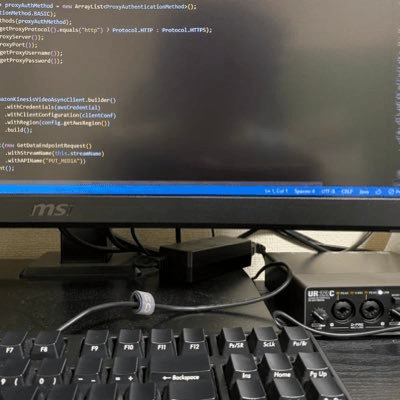Welcome to shirok_me spacestr profile!
About Me
Just a Thai software engineer in Japan. Curious how the system is against us and now I'm in the rabbit hole. SPV Server = ssl://fulcrum.shirogaku.xyz:50002 SHA1 Fingerprint = 00:8B:15:D3:33:42:D3:45:DB:0B:6A:CA:C7:E5:7C:82:04:C4:B8:13 Knots / No logging #bitcoin HODLer
Interests
- No interests listed.
Videos
Music
My store is coming soon!






